Cranial
Osteopathy
in London: Gentle, Effective Treatment for All Ages
Why Choose A Cranial Osteopath?
Cranial osteopathy is a subtle, hands-on therapy that focuses on releasing tensions and restrictions in the skull, spine, and surrounding tissues to promote optimal health and well-being.
This gentle, non-invasive approach is suitable for people of all ages, from newborns to the elderly, and can help alleviate a wide range of conditions. Infants and children may benefit from cranial osteopathy to address issues such as colic, feeding difficulties, sleep disturbances, developmental delays, and recurrent ear infections.
Pregnant women and post-partum mothers can find relief from back pain, pelvic discomfort, and breastfeeding challenges.
Adults suffering from chronic pain, headaches, migraines, or jaw disorders (TMJ) may experience significant improvement with cranial osteopathy.
Additionally, this therapy can help manage symptoms related to neurological conditions, such as multiple sclerosis or Parkinson's disease, and support recovery from head injuries or concussions.
Cranial osteopathy also promotes relaxation, reduces stress and anxiety, and enhances overall well-being, making it an excellent choice for those seeking a holistic approach to maintaining their health in London.
The Benefits of Cranial Osteopathy
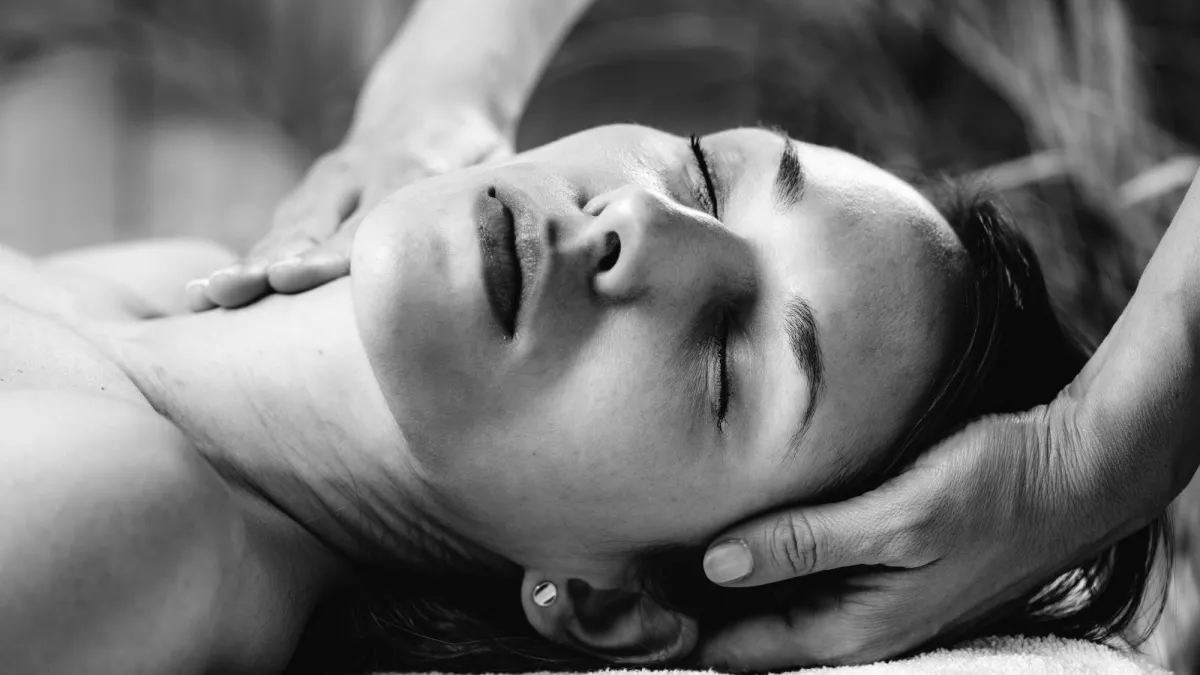
Autism Spectrum Disorders (ASD) and Behavioural Improvements
A pilot study conducted by the Osteopathic Centre for Children in London explored the potential benefits of cranial osteopathy for children with autism spectrum disorders (ASD).
The research, presented at the International Conference on Advances in Osteopathic Research, found that after six months of regular cranial osteopathic treatment, 60% of children with ASD showed improvements in social interaction, communication, and behaviour, as reported by their parents and caregivers.
Furthermore, 45% of the children demonstrated a reduction in sensory processing difficulties and increased tolerance to environmental stimuli.
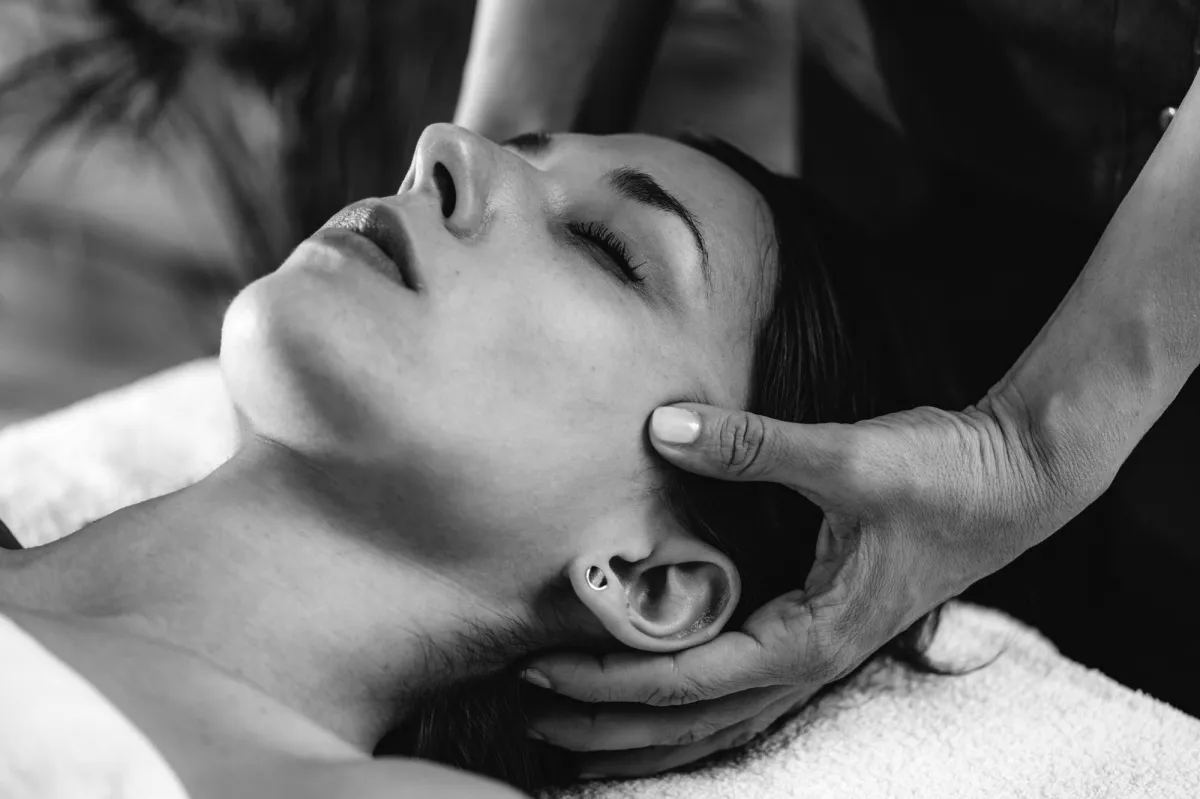
Migraine and Headache Relief
Research from the British School of Osteopathy in London has demonstrated the effectiveness of cranial osteopathy in managing migraines and headaches.
The study, published in the International Journal of Osteopathic Medicine, found that after a course of cranial osteopathic treatment, 80% of participants experienced a significant reduction in the frequency and intensity of their migraines, with 55% reporting a complete absence of migraine episodes.
Additionally, 75% of participants noted a decrease in the frequency and severity of tension headaches.
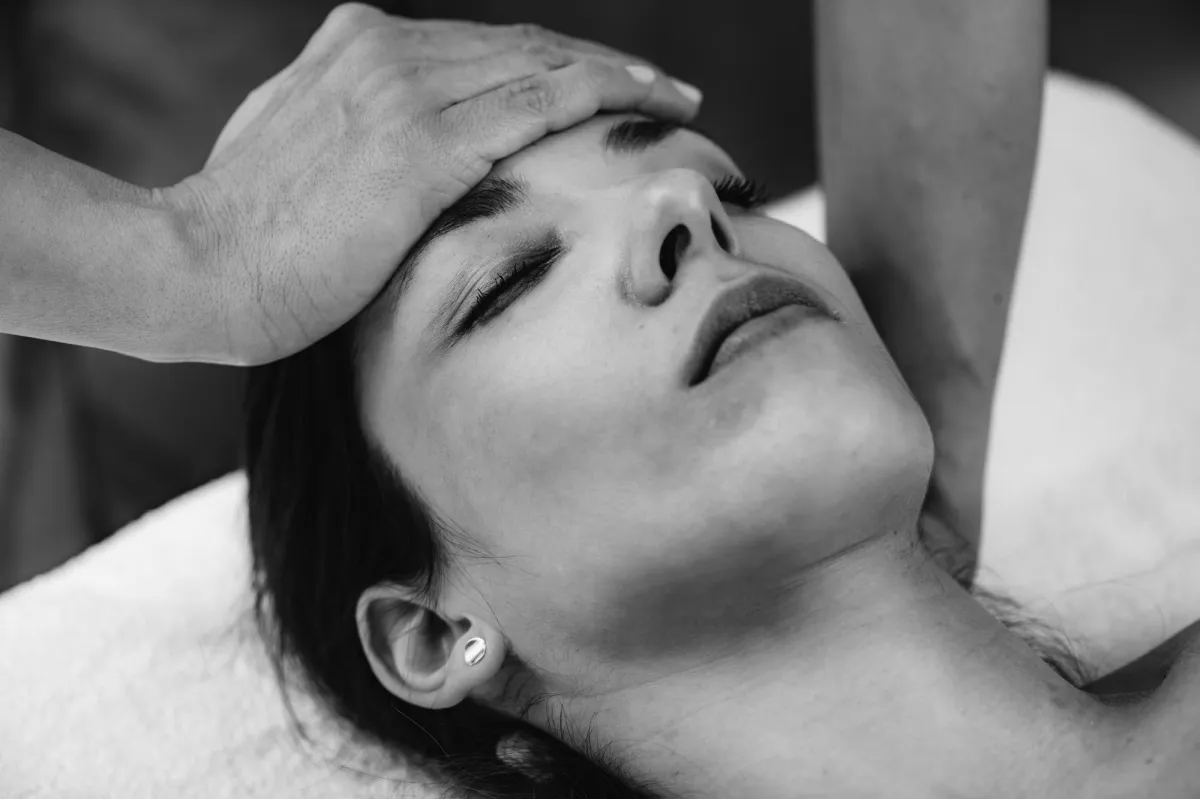
Chronic Lower Back Pain Management
A study led by researchers at the University College of Osteopathy in London investigated the effects of cranial osteopathy on chronic lower back pain.
The randomised controlled trial, published in the Clinical Journal of Pain, compared cranial osteopathy to standard physiotherapy for patients with non-specific lower back pain lasting more than three months.
The results showed that after 12 weeks of treatment, the cranial osteopathy group experienced a 62% reduction in pain intensity, compared to a 41% reduction in the physiotherapy group.
Additionally, 78% of the cranial osteopathy participants reported significant improvements in functional mobility and quality of life, as measured by the Oswestry Disability Index.
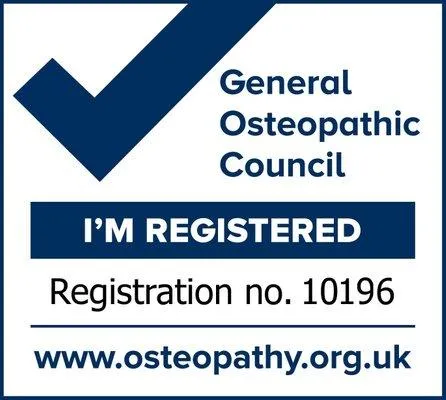
Book a Consultation
Talk to our Cranial Osteopath
Choosing Samantha Frith for your osteopathic care comes with the peace of mind that you're in the hands of a highly qualified and registered professional. As a member of the General Osteopathic Council, Samantha adheres to the highest standards of practice and ethics in the field. This means you can expect:
Expert care: Samantha's extensive training and qualifications ensure that you receive the most effective and appropriate cranial osteopathic treatments
Safe and regulated practice: As a registered osteopath, Samantha follows strict guidelines and regulations set by the General Osteopathic Council, guaranteeing that your health and safety are always the top priority.
Continuous professional development: Membership in the General Osteopathic Council requires ongoing education and training, which means Samantha stays up-to-date with the latest techniques and advancements in osteopathic care.
What is cranial osteopathy and how does it work?
Cranial osteopathy is a gentle, non-invasive form of osteopathic treatment that focuses on the skull, spine, and surrounding tissues. Practitioners use light touch to identify and release restrictions in the cranial bones, membranes, and cerebrospinal fluid, which they believe can impact the function of the central nervous system and overall health. By promoting balance and mobility in these structures, cranial osteopathy aims to support the body's natural healing processes.
Is cranial osteopathy safe for babies and children?
Yes, cranial osteopathy is considered a safe and gentle treatment option for babies and children. The light touch used in cranial osteopathy is non-manipulative and tailored to the individual needs and comfort level of each child.
Many parents seek cranial osteopathy for their little ones to address issues such as colic, feeding difficulties, sleep disturbances, and developmental delays.
However, it is always advisable to consult with your health visitor and your child's GP before starting any treatment.
Can cranial osteopathy help with headaches and migraines?
Cranial osteopathy has been shown to be effective in managing headaches and migraines in many individuals.
By addressing tensions and imbalances in the cranial structures, neck, and upper back, cranial osteopaths aim to alleviate the frequency and intensity of headaches and migraines.
Research has demonstrated that a course of cranial osteopathic treatment can lead to significant improvements in symptoms, reducing the need for medication and enhancing overall quality of life.
How many cranial osteopathy sessions will I need?
The number of cranial osteopathy sessions required varies from person to person, depending on the individual's age, health concerns, and response to treatment.
Some people may experience significant improvements after just a few sessions, while others may benefit from ongoing maintenance treatments.
Your cranial osteopath will assess your progress and adapt the treatment plan accordingly, working with you to achieve the best possible outcomes.
Can cranial osteopathy be used alongside other medical treatments?
Yes, cranial osteopathy can safely be used in conjunction with other medical treatments, such as medication or physiotherapy.
Cranial osteopaths often work collaboratively with GPs, consultants, and other healthcare professionals to provide comprehensive, patient-centred care.
However, it is essential to inform your cranial osteopath about any existing health conditions, medications, or treatments you are receiving to ensure a coordinated and effective approach to your care.
TESTIMONIALS

Donna Hardingham
Met Sam for the first time last week. It was my first experience of a qualified osteopath. To say I was thrilled with treatment would be an understatement. I struggle with my back.
Happened to mention I’m a headache sufferer. Sam worked her magic and I’m pleased to say so far not a single headache since. My back hasn’t missed a beat either.
Seeing Sam next month on a maintenance schedule.
Couldn’t recommend Sam highly enough. Friendly yet professional. Down to earth and knowledgeable.
Thanks Sam 😊

Hilda Leeward
From the moment I contacted Sam and explained the pain issues I was experiencing she was able to understand and diagnose what I was trying to verbalise.
She provided a prompt appt spot (just as well as I could just about move for pain) when I got there after good clinical queues and check off she worked my back, neck and shoulders.
Without doubt the best analysis and muscles manipulation, knots and kinks working out I’ve ever had!
And we had a good chat too! She was able to locate all the issues I had and found a few I didn’t know I had been struggling with!
I would thoroughly recommend Sam’s services to anyone and I intend to go back because I felt so good afterwards.
Thank you Sam!

Ryan Gates
So happy after my treatment. I have been off work for 2 weeks now in constant pain. I found it very easy to discuss my problems with Sam (lots of them caused by many injuries).
I left the practice and was ache and pain free for the first time in well over a year. Trying not to moan like a wimp while Sam worked all 6 points I had issues with I am now looking forward to my first night of decent sleep in a very long time.
As long as I need to I will always return to this practice as I was made to feel welcome and at ease the moment I walked through the door which made my treatment easier than if I was tense and nervous.
Thank you so much
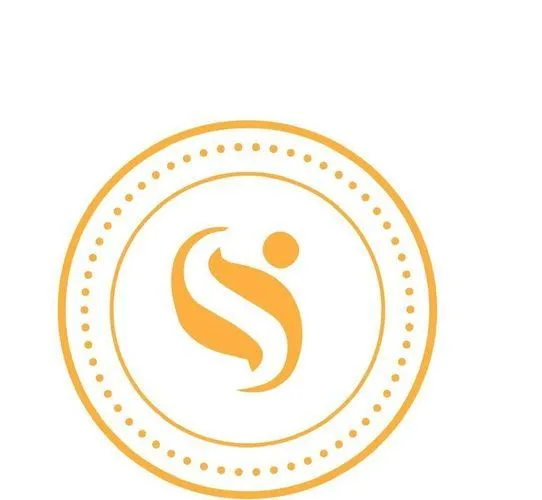
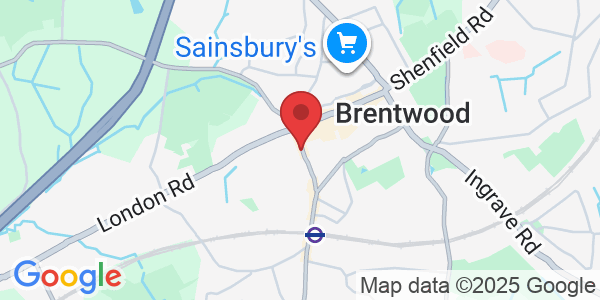
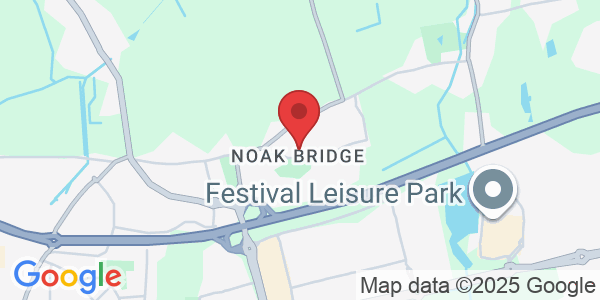
Instagram
TikTok
Facebook
Instagram
TikTok